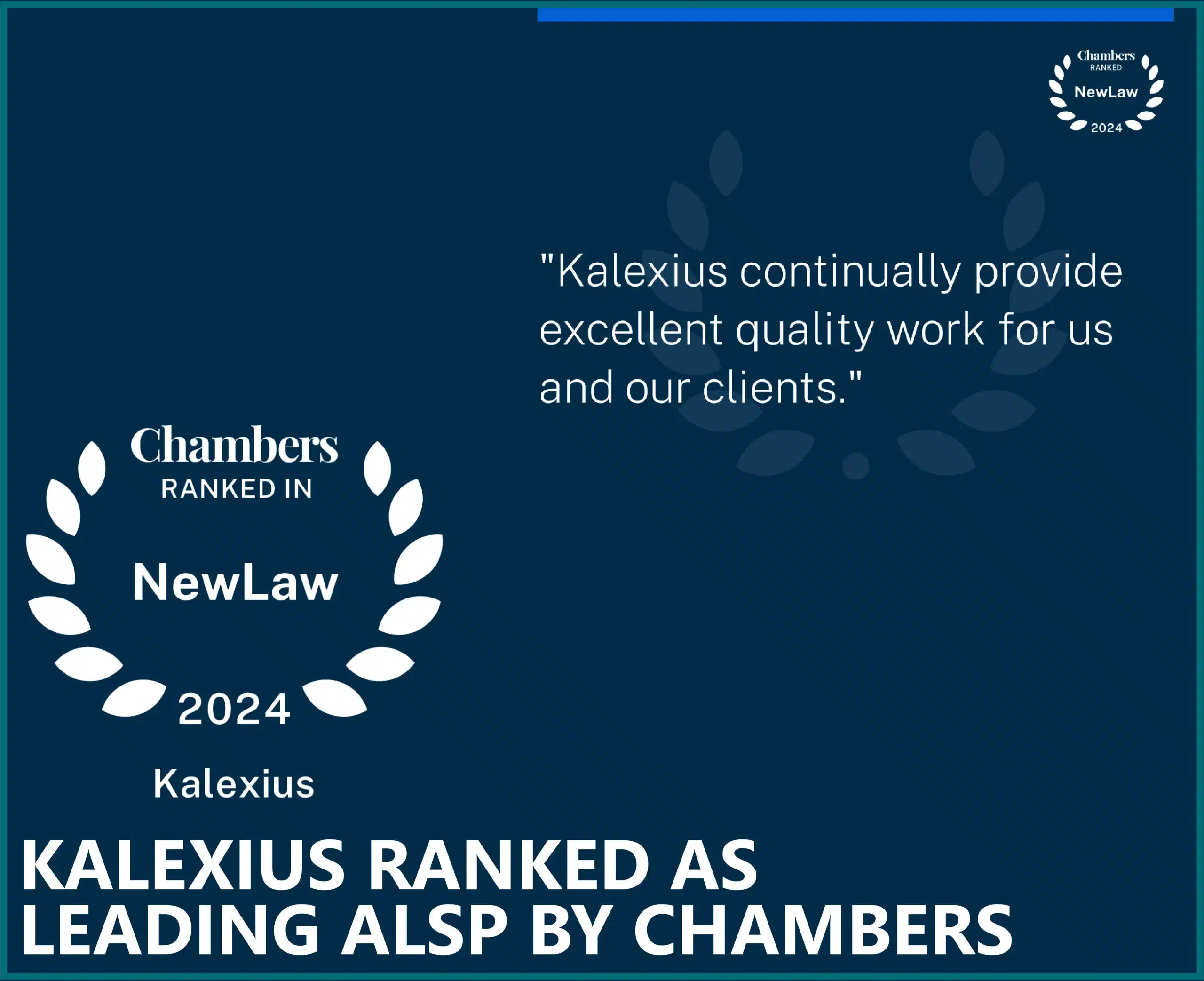As a business owner, adding intellectual property (IP) protection to your checklist is essential to safeguard your assets.
Legal Counsel & IP Team Manager Lovena Sookun lists the 10 things every business owner should know about IP.

1. Understand the different categories
- Trademarks can be any word, phrase, symbol, design, or a combination of these things which are capable of distinguishing the goods or services of one enterprise from those of other enterprises.
- Tradenames are the official name under which a company chooses to do business.
- Copyrights protect artistic works such as music, film or paintings. It can also protect other types of work like software code, website layout and databases. It preserves the expression of the idea rather than the idea itself.
- Patents grant an exclusive right on an invention, i.e. a product or process for a new way of doing something or a new technical solution to a problem. To obtain a patent, technical information must be disclosed to the public in a patent application.
2. Understand how to protect your IP
The most common way to protect your IP is to register copyright, trademark, and patent. They can confer exclusive rights to your creations. Nowadays, a business, a product and domain names are part of a brand. It is also recommended to create confidentiality, non-disclosure or licensing contracts for employees and partners to protect significant information from leaking in public or competitors.
3. IPR are exclusive
IP rights confers the right to exclude others from benefiting from your creations. If you do not enforce your IP rights, it might be difficult for you to secure legal protection for your creative work, projects and brands.
4. Timing is critical
IP rights are based on a first-come-first-served basis so the timing of filing trademarks, copyrights and patent applications is critical to secure your rights. IP specialists can help you get ahead in the race and save you time, money and frustration.
5. IPR are territorial
The principle of territoriality is one of the foundational principles of international IP law. By registering IP assets in a specific jurisdiction, you benefit from IP protection within the territory it designates.
6. IP has a lifespan
Intellectual property protects your assets only for a predefined period of time, with options to renew. Copyright protection lasts for the life of the author plus 70 years. Patents last for 20 years from the date of filing and periodic fees are required to maintain their enforceability. Trademarks can be renewed every 10 years.
7. Innocent infringement is actionable
It can be easy to unknowingly infringe upon a third party’s IP rights. However, innocent infringement is as actionable as intentional infringement. Whether you’re starting your business or monitoring competition, it’s essential to know whether there is a risk of IP rights infringement.
8. Monitor your IP rights
IP rights confer a monopoly on your IP for a period of time within a defined territory. This means you can take proactive or protective measures to prevent or stop others infringing on your IP rights, hence the importance of monitoring.
9. Importance of IP
Investing in your assets is one of the best ways to keep your business competitive. It also enhances your brand credibility by showing consumers and clients that you trust your product or service and are ready to invest in it.
10. Invest in IP professionals
As a small business, it might be tempting to implement IP Tools without any legal assistance or to skip that step altogether due to budget constraints. This is a common mistake which could lead to losing assets in case of a legal dispute. A specialized legal team can manage the IP registration process and ensure all IP protections are updated and compliant with new regulations. Small businesses with no in-house legal teams tend to outsource the process to professional IP teams such as the Kalexius team.


